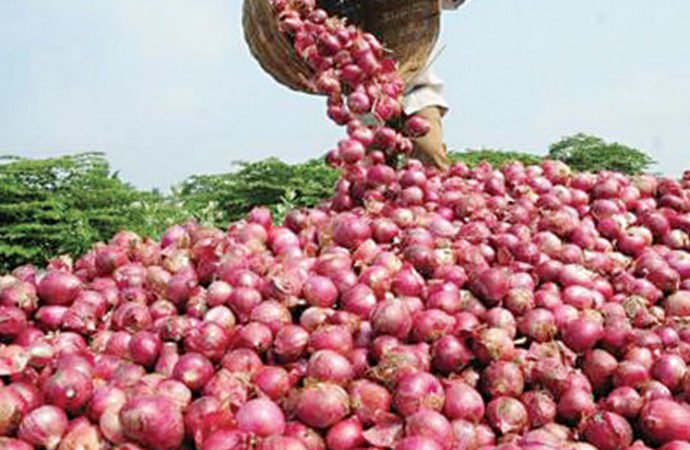
India yesterday slapped a 20 per cent export duty on a number of rice grades to discourage the shipment of the grain to tame prices in the domestic market, a move that may have repercussions in importing nations such as Bangladesh.
The neighbouring country levied the tax on the exports of paddy, husked rice and semi-milled or wholly milled rice effective from today, according to a notification by the finance ministry.
The move would stock concerns regarding the impact on the prices of rice in the local market of Bangladesh, which slashed import duty on rice by 10 percentage points to 15 per cent to encourage private imports and contain prices.
It came less than two weeks after a dry spell affected the cultivation of Aman, the second-biggest source of grain for the country after Boro.
“This is uncomfortable news for us because the private sector is supposed to import a lot of rice. We are also supposed to import 100,000 tonnes of rice under a government contract,” said Md Ismiel Hossain, food secretary.
The food ministry is looking for alternative sources.
The government has signed a contract to buy 230,000 tonnes of rice from Vietnam. The cabinet recently approved a plan to buy 200,000 tonnes of rice from Myanmar.
“We are trying to import rice from Thailand. Recently, they have responded positively,” Hossain said.
Bangladesh, the world’s third-biggest producer of rice, first cut the import duty on rice to 25 per cent from 62.5 per cent to increase the supply to cool off rice prices in the fourth week of June amid repeated floods.
Since then, the government has permitted private firms to import more than 10 lakh tonnes of rice, mostly from India.
In the last one month, prices of fine rice declined 3.65 per cent in Dhaka city. But the price of coarse grain, a benchmark followed by the government to track the price of the staple, has gone up by 1.2 per cent, according to the Trading Corporation of Bangladesh.
Chitta Majumder, managing director of Majumder Group of Industries, said the move by India may not raise the import cost of his firm as it has placed orders for the rice grades that have not drawn any fresh levy.
“But if the export duty is slapped on the rice imported by others, the local market may become unstable,” he warned.
The tax would discourage buyers from making purchases from India and prompt them to shift towards rivals Thailand and Vietnam, which have been struggling to increase shipments and raise prices, reports Reuters.
India has excluded parboiled and basmati rice from the export duty, but white and brown rice will draw the duty, which accounts for more than 60 per cent of India’s exports, said BV Krishna Rao, president of the All India Rice Exporters Association.
India has been the world’s largest rice exporter in the last decade: export earnings grew 9 per cent year-on-year to $9.6 billion in 2021-22.
Out of the 2.1 crore tonnes of rice shipment in 2021-22, India exported more than 1.7 crore tonnes of non-basmati rice and the rest of the volume was aromatic and long grain basmati rice, data from the Indian commerce ministry showed.
In terms of volume, Bangladesh, China, Benin, and Nepal are major export destinations of Indian rice.
India’s rice production in the 2022-23 crop year could decline to 12.85 crore tonnes mainly because of deficiency in monsoon rains, especially in eastern India where rice planting has shrunk. This could be the first decline in rice production since 2015-16.
The fresh levy on rice exports came four months after India imposed strict curbs on the shipment of wheat due to depleting domestic stocks.










